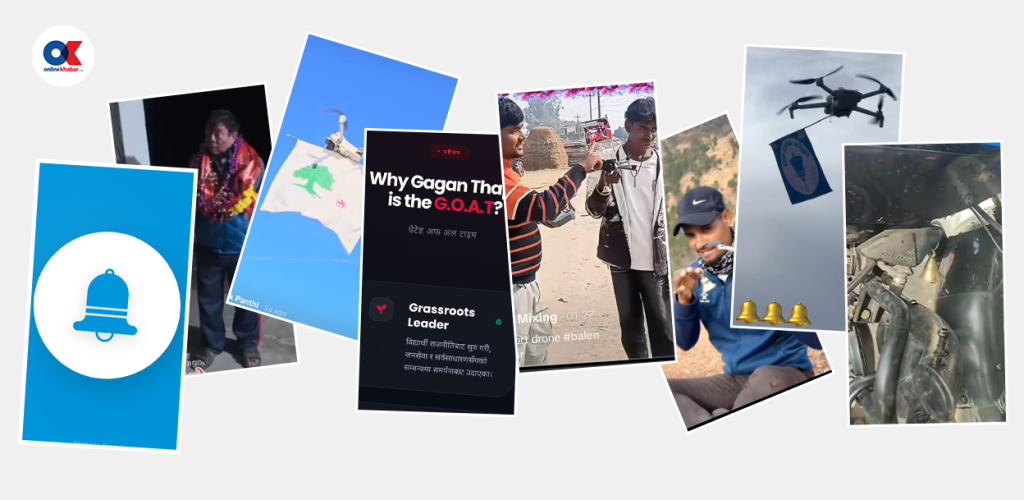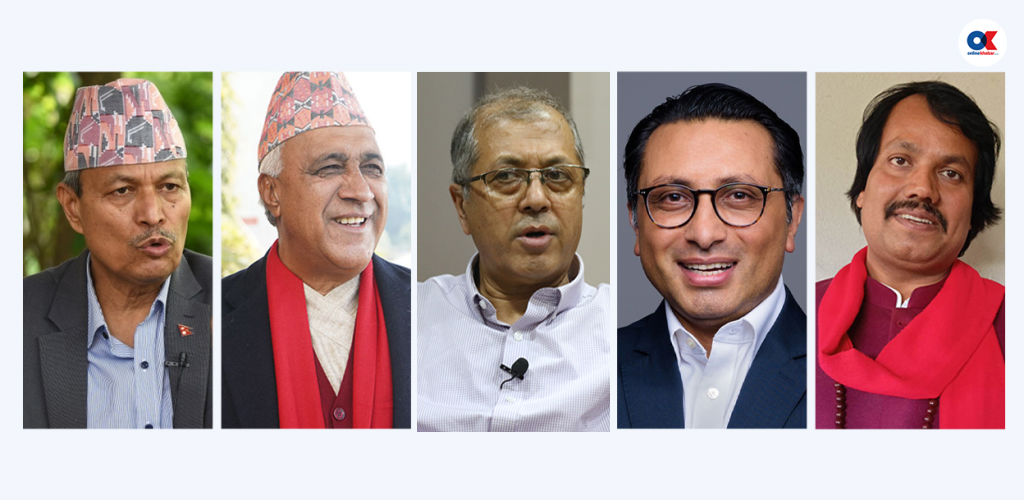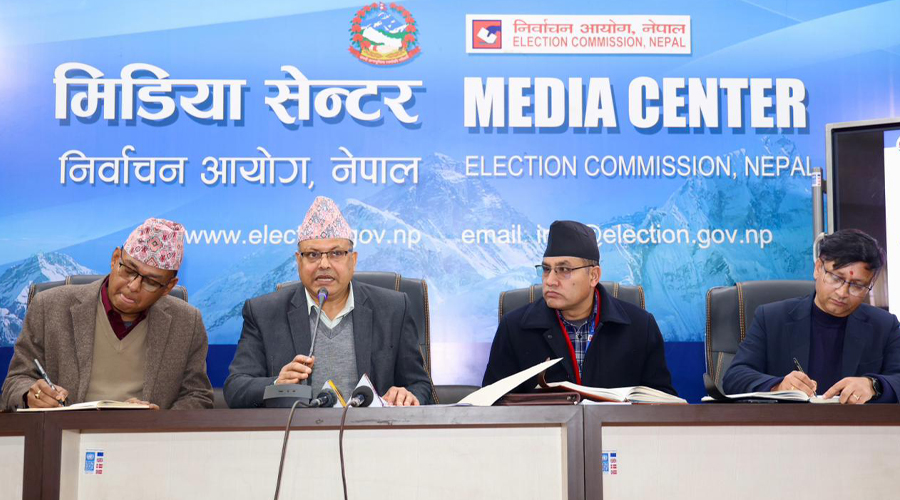Some months ago, Sadbhavana Party President Rajendra Mahato accused Nepal’s political forces of playing the China card on occasions, in their bids to reduce Indian influence in Nepal.
It is not the first time that the leader of a Nepali party has levelled this allegation against some other political forces of Nepal. This time, though, he chose to level the charge during an interview with an Indian media – ANI – in the Indian capital.
Does giving an interview to an Indian media outlet in New Delhi suggest that he is playing the India card?
Consider the timing: The country has been facing the debilitating effects of the Indian blockade and the Madhesh movement. In these hard times, efforts to normalise ties with the neighbouring country, with which most of Nepal’s trade happens, have not paid off.
Like Mahato’s charges against the political forces, charges against Mahato are nothing new. In fact, some parties spearheading the Madhesh movement have themselves accused Mahato of stoking anti-China sentiments in the plains – flag burning and all – to curry special favours from India.
A card game or two is something that an earthquake-ravaged, strife-torn and blockade-crippled Nepal cannot afford to play.
A card game or two is something that an earthquake-ravaged, strife-torn and blockade-crippled Nepal cannot afford to play. Even the casinos, where Nepal’s elites burn their fortunes, are not in the pink of their financial health due to the multiple crises that the country has been facing.
Anyway, these are not the places where the rich and the powerful play China, India, the US, the UK, Russia cards. Of course, most of the gamblers and small-time players use card sets that are made in China. But then, yours truly is pretty sure, a good number of Indians also play China-manufactured cards.
Historically also, Kathmandu and other parts of Nepal have not hosted big card games where much is at stake.
On that feeble ground, how can Mahato and the Indian media accuse Nepal of playing the much-dreaded card symbolising the fire-breathing dragon that China is against the friendly, lovable ‘elephant’ — India?
Historically also, Kathmandu and other parts of Nepal have not hosted big card games where much is at stake.
On the contrary, Hastinapur – the present-day Delhi – was the place that hosted some grand acts of gambling like the one in which King Yudhisthira lost his fortunes, his wife, his brothers and himself in a conspiratorial Juwa – a gamble – to Duryodhana, with help from his maternal uncle Sakuni.
New Delhi is the Tirtha (the pilgrimage) that our occasional gamblers – autocrats, democrats, bureaucrats and revolutionaries – visit and take shelter, in desperate bids to save dying regimes by signing controversial treaties, to give away our precious water resources like the Koshi and the Gandak, to give that final blow to autocratic regimes, to institutionalise revolutions and to sign controversial trade, business and investment promotion agreements. Are these acts akin to playing the China card? Yours truly knows not.
 The Indian blockade and the Madhesh stir obstructed vital supplies in a country struggling to recover from the April 25 and May 12 earthquakes and numerous aftershocks, resulting in a humanitarian crisis. The blockade and the strife seem to have pushed the country northwards. Despite this, the KP Oli government does not appear to have the guts to sign deals with China, bring in essentials and reduce the impact of the supply-related crisis, for it fears that act is tantamount to playing the ‘China card’ that will antagonise the southern neighbour.
The Indian blockade and the Madhesh stir obstructed vital supplies in a country struggling to recover from the April 25 and May 12 earthquakes and numerous aftershocks, resulting in a humanitarian crisis. The blockade and the strife seem to have pushed the country northwards. Despite this, the KP Oli government does not appear to have the guts to sign deals with China, bring in essentials and reduce the impact of the supply-related crisis, for it fears that act is tantamount to playing the ‘China card’ that will antagonise the southern neighbour.
“We don’t play cards. We only play marriages.”
For Indian scholars, who often accuse some of Nepal’s political forces of playing the ‘China card’, here’s a quote that Rastriya Prajatantra Party leader and foreign finance minister Dr Prakash Chandra Lohani gave yours truly during an interview: “We don’t play cards. We only play marriages.” Indeed, marriages – emblematic of people to people relations — have helped strengthen our ties with both the countries, giving us the unique advantage of having Roti-Beti ties with both the emerging global giants.
The Indira Gandhi regime was close to Russia. The Naredra Modi government has thriving trade and defence relations with the US, the UK, France, Russia and various other countries. Why should an Asian giant that has thriving relations with so many countries feel insecure when we make unsure attempts to explore alternative supply lines up North, at a time when we have been struggling to cope with the effects of the blockade and the internal strife?
Why should we face that constant charge of playing the China card, as we try to further our ties with the northern neighbour in our desperate bid for survival?

























